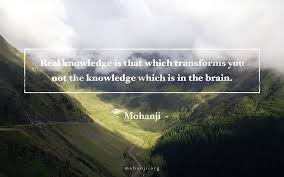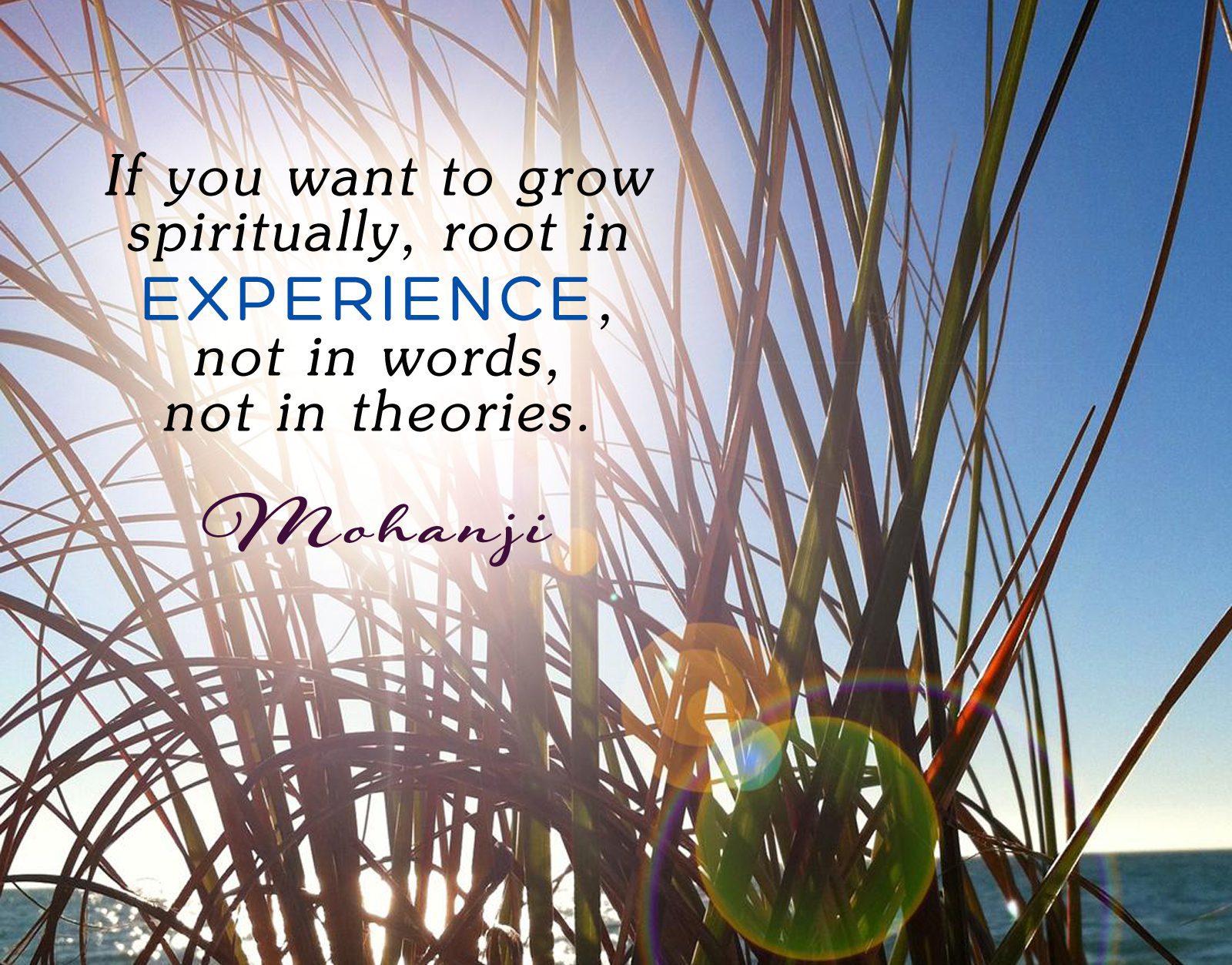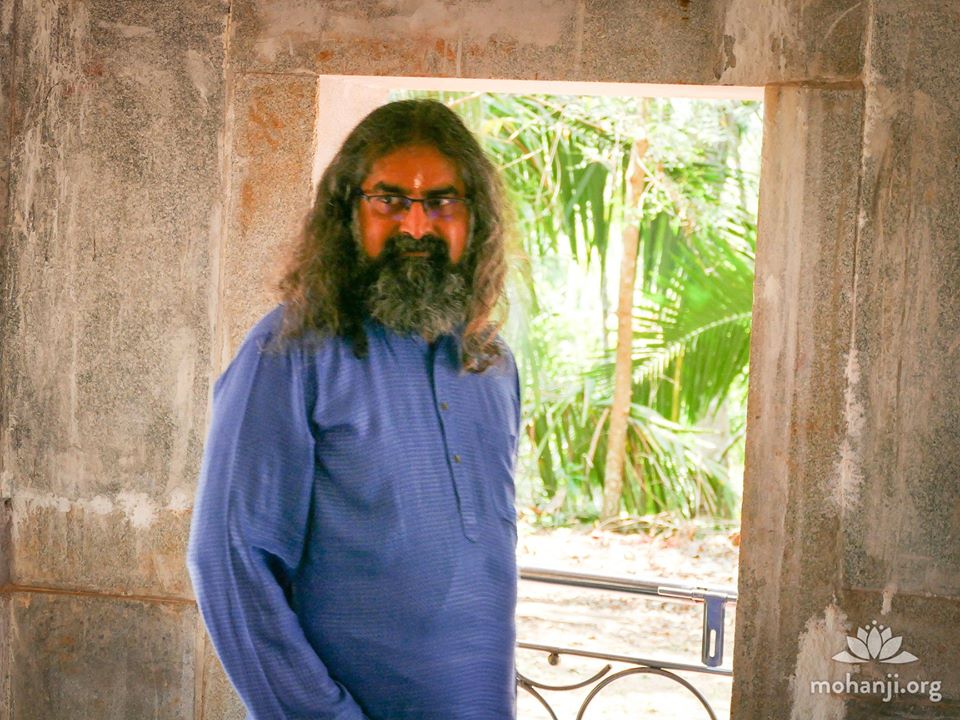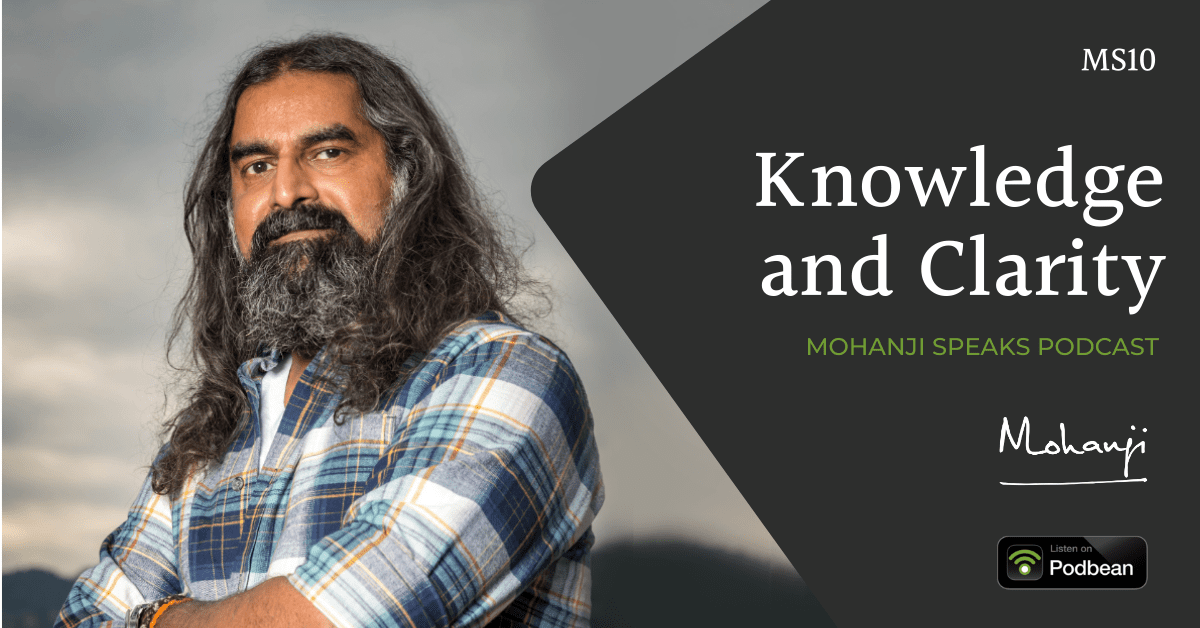Hello friends, this is Mohanji.
Welcome to the podcast channel. Hope you’re doing well and hope you like the podcasts, of the past. If you like it, or if you do not like it, do let us know, and also tell us what you’d like to hear, so I can prepare those talks for you.
Today we are talking about knowledge. It is a very important subject because our life is dependent on our knowledge. One of the major factors of life is knowledge. And where does knowledge come from? Knowledge comes from experience, knowledge comes from information, and knowledge comes from other people as well. So, what knowledge is good for you? The knowledge, which you have ascertained is good for you; means, it should not be assumptions. Assumptions are not good for you, because you do not know whether it’s real or not. You’re just assuming because somebody, whom you love told it, somebody, whom you trust told it, etc. But we must always verify the source, very clearly, so that you do not get misled. It’s very important.
Information processed is knowledge, and knowledge experienced is wisdom. So, there is plenty of information, we all know. Thousands of information; millions of information. They just get bombarded onto us because we live in a world where there is no dearth of information; the internet brings information, television brings information. Many are not so positive information but we process them because they are available, and a lot of information that we process is totally useless for us. We don’t even need them, but we collect them, we process them because they are available, they have just been given to us free. But we must always remember; if our mind is cluttered with information, we must be careful. If our mind is cluttered with information, what we lose is our clarity in life.

So, to have clarity in life, the information that we process, the knowledge that we assimilate should be simple and clear and it should have a proper space in our system; means we assimilate, we put in order the knowledge that we have and that will bring forth a good roadmap for life.
Dr Watson asked this question to Sherlock Holmes, “How are you so intelligent? How do you know these things? And how do you know all these things so spontaneously?” And you know what Sherlock Holmes said? “I have no clutter in my brain, the information that I have processed is kept clean, I can withdraw them as I like, effortlessly; while in your case, you have put in all sorts of information – the soccer scores, the football scores, the cricket match scores, all the various different politicians’ proposals and their opinions and stuff, and your mind is cluttered. That’s why you can’t retrieve, what you really need at the right time.”
So, this is a very fundamental thing to remember. Understand that we all have a similar capacity in the brain. Nobody has something higher or lower. But the utilization of that capacity depends on how well we have arranged the knowledge in our brain. That means, we only collect the information that we need. We do not even look at the information that we don’t need. All things which are given free are not good information for you. We don’t need them. So just discard them. We only collect what is needed. We assimilate them, ascertain them, making sure that this is correct information and store them properly, so that we can retrieve them when we need.
So, knowledge is a very vital thing. And knowledge plus experience is wisdom. So, we must try to experience this knowledge, we must try to understand it in a practical way so that we know that it’s real. But all information, we can’t process, or all the knowledge we can’t experience. That’s fine, but then it should be very close to reality, we must ascertain that it’s real.
Many times, we have failures in relationships or we fall out in relationships, just because of one reason; that we take the opinion of others, and we make decisions based on that. So, first of all, when somebody talks about somebody, we should not take it as it is. We should not take it on face value, because we do not know whether this is true information, we must ascertain it. Has this person who told you really experienced it? If they have experienced it, in what context, have they experienced it? And in what mindset have they taken or formed this opinion, which they’re telling you, because many times what seems to be, may not be real. When you see a thing from your angle, it may have a certain effect in you, and you say it is so, that thing is so, that experience is like that. It may not hold water in real life because that might be the wrong information.

Various situations, various court cases have been biased by such wrong information. And the innocent people have been accused of wrong things. We have seen that in history. Sometimes, people have been assassinated, because of wrong opinions, the wrong understanding. Everything that everybody tells you may not be true. We form opinions about certain politicians because of certain news coverage, news on the television. Do we really know for sure that the television channel is not biased? We have to ascertain, we have to be clear, otherwise, we will have a problem in our life. If we accuse somebody wrongly, we also lose a lot in our integrity. Our integrity is compromised. Instead, we should look at everything objectively. And if the information has to be processed, make sure it has a reality based on it. Never assume, but ascertain. And knowledge is a very important thing in life, especially knowledge about the law of the country of the state. And that is essential for us to lead our life. But knowledge of that nature, we do not even get involved, until and unless we have, or there is a necessity. And once you enter into that state where you have to know the law for taking an action, we assimilate that law, and then we use it. Then we tell somebody else about this law, you have the authority, it’s authentic because you have understood the law, you have used it well and then you say it’s authentic.

So, authenticity is very important for integrity to be stable; stable integrity. This is very important. For authenticity, a thing should be experienceable, and you should have experienced it. So, the information processed becomes thoughts, and thoughts experienced become wisdom. To convey the wisdom, it should be authentic because you should have actually felt it, experienced it, and you are able to tell it with clarity because you know it very well.
I leave you with this thought, I put this thought on your plate. Process it at your time and wish you a great day ahead. Talk to you soon.
Until then, this is Mohanji signing off.

Transcribed by Ulla Bernholdt
Proofread by Rekha Murali
Subscribe to Mohanji Speaks daily podcast

